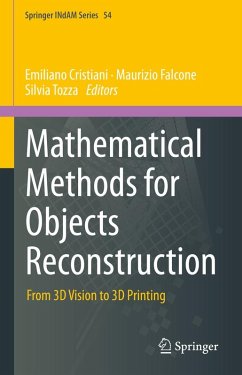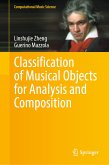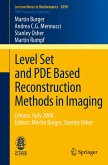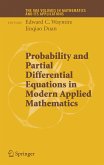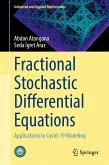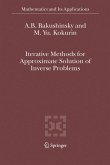The volume collects several contributions to the INDAM workshop Mathematical Methods for Objects Reconstruction: from 3D Vision to 3D Printing held in Rome, February, 2021.
The goal of the workshop was to discuss new methods and conceptual structures for managing these challenging problems. The chapters reflect this goal and the authors are academic researchers and some experts from industry working in the areas of 3D modeling, computer vision, 3D printing and/or developing new mathematical methods for these problems. The contributions present methodologies and challenges raised by the emergence of large-scale 3D reconstruction applications and low-cost 3D printers. The volume collects complementary knowledges from different areas of mathematics, computer science and engineering on research topics related to 3D printing, which are, so far, widely unexplored.
Young researchers and future scientific leaders in the field of 3D data acquisition, 3D scene reconstruction, and 3D printing software development will find an excellent introduction to these problems and to the mathematical techniques necessary to solve them.
The goal of the workshop was to discuss new methods and conceptual structures for managing these challenging problems. The chapters reflect this goal and the authors are academic researchers and some experts from industry working in the areas of 3D modeling, computer vision, 3D printing and/or developing new mathematical methods for these problems. The contributions present methodologies and challenges raised by the emergence of large-scale 3D reconstruction applications and low-cost 3D printers. The volume collects complementary knowledges from different areas of mathematics, computer science and engineering on research topics related to 3D printing, which are, so far, widely unexplored.
Young researchers and future scientific leaders in the field of 3D data acquisition, 3D scene reconstruction, and 3D printing software development will find an excellent introduction to these problems and to the mathematical techniques necessary to solve them.
Dieser Download kann aus rechtlichen Gründen nur mit Rechnungsadresse in A, B, BG, CY, CZ, D, DK, EW, E, FIN, F, GR, HR, H, IRL, I, LT, L, LR, M, NL, PL, P, R, S, SLO, SK ausgeliefert werden.

